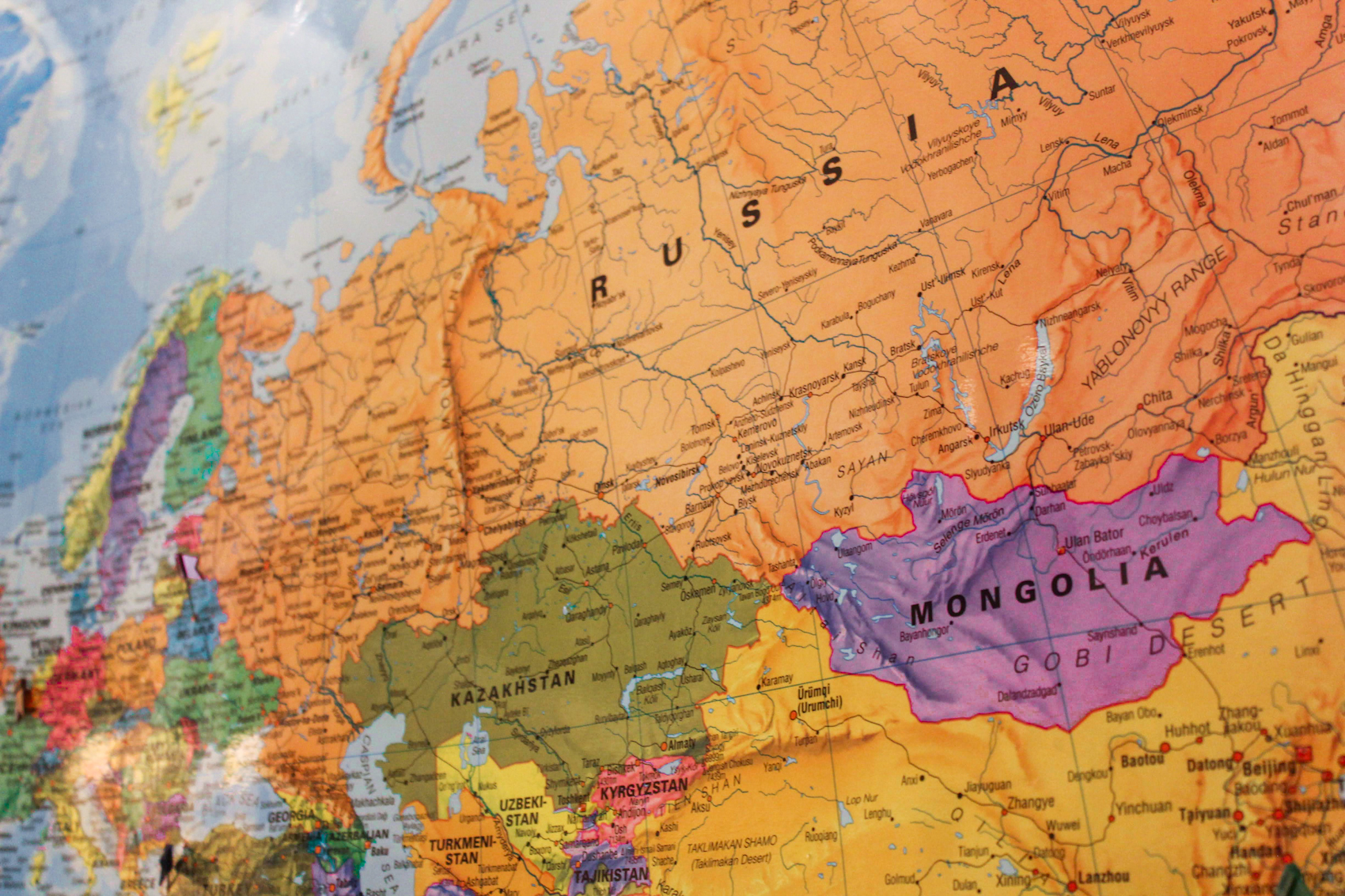What does the war mean for working with researchers in Russia and Ukraine? TU Delft is awaiting EU policy, but for some people at TU Delft, it is clear what needs to happen.
“All Russian scientists I know are against the war.” (Photo: Dalia Madi)
While countless institutions and companies around the world are breaking their links with Russian partners and the media is barely reporting on anything other than the war in Ukraine, TU Delft is remaining non-committal about what the situation means for its researchers, students and partnerships. Like other universities and the Universities of The Netherlands umbrella organisation, TU Delft is awaiting European policy.
A spokesperson of the TU Delft Innovation & Impact Centre explained that an inventory of the current partnerships is currently being made. She was able to say that TU Delft is part of five EU projects with Russian partners. The Faculty of Aerospace Engineering is involved in three of them. Are those partnerships jeopardised? “We are following the direction taken by the Dutch Government and the EU. We are in line with Universities of The Netherlands.”
This week Delta emailed TU Delft academics working, or having recently worked, with Russian colleagues asking whether they believe that the partnerships should be ended. We emailed 15 engineers that published articles with researchers from Russia in the last year and spoke to Professor of Quantum Physics Simon Groeblacher who opened his lab for Ukrainian researchers.
Many researchers said that they did not wish to respond. One wrote: “Given the charged political atmosphere, I am not prepared to further discuss my work in the context that you would like to investigate. My apologies, but I deem it inappropriate to do so at this point in time.”
‘I felt it was my duty to share my expertise, knowledge and values with the students in Russia’
Professor of Inorganic Systems Engineering Evgeny Pidko at the Faculty of Applied Sciences (AS) does not see how partnerships with Russian universities can continue under the current situation.
“I regularly give lectures and had scientific interaction with researchers at the ITMO University and other research institutions in Moscow and Siberia. Given my Russian background I felt it was my duty to share my expertise, knowledge and values with the students in Russia, and to help them integrate in the scientific community around the world through open dialogue and critical thinking. Everyone I work with is appalled by what has happened. Everyone I know is against the war. But I cannot see how these interactions can continue in these circumstances.”
Pidko is worried about the future of science. And about the young researchers in Russia. “They will be cut off from the worldwide community. At the same time, I am worried about the Russian students and colleagues here in the Netherlands. I am concerned that they will be held responsible for the acts of Putin.”
But the situation for them is incomparable to what Ukrainians are going through, he stressed. “Ukraine is under attack and the Russian army is bombing cities and civilians. The problems of Russian scientists fade in comparison.”
‘Together we will make sure that you can continue working on a relevant topic for your own research’
Professor of Quantum Physics Simon Groeblacher (AS) is also worried. He is taking action. Through LinkedIn he is letting Ukrainian quantum scientists know that they are welcome to his lab at TU Delft. “My group will cover your living costs and also travel if possible – no strings attached, and together we will make sure that you can continue working on a relevant topic for your own research”, he wrote.
“Up to now, no Ukrainian scientists have responded,” said Groeblacher. “This was also not to be expected in the short term. The responses may come in if the situation becomes more stable.”
Groeblacher does not rule out welcoming researchers from Russia to his group. “I understand that working with certain institutes and universities in Russia could be a sensitive issue. But we need to give as much help as we can to scientists that are anti-war and have been affected by it.”
Do you have a question or comment about this article?
tomas.vandijk@tudelft.nl


Comments are closed.